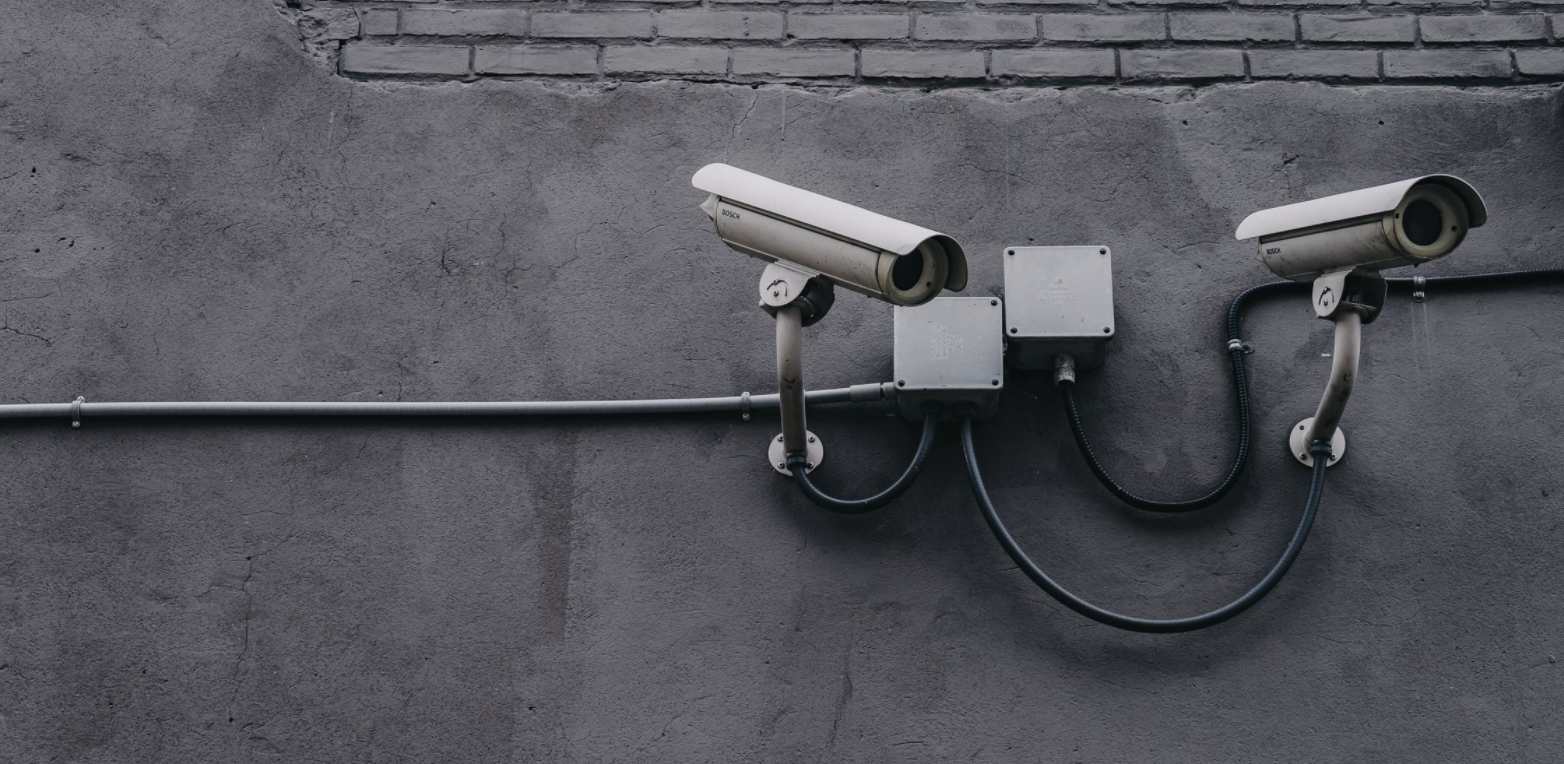Just the other day, I was lying on my couch and generally ignoring the world. The Coronavirus forced me to quarantine in my home, but I counted it all joy because I had my DVR and a Netflix account to keep me company. My plan was pretty much set: eat, sleep and repeat as necessary. Eventually, I caught up on all the Netflix Marvel shows, Dr. Who episodes and classic Bruce Lee films that I planned on watching since I picked them up in a garage sale. (It’s good to have goals.)

With nothing else to do, I decided to channel surf for new adventures. To my surprise, I stumbled across an unfamiliar channel on my satellite listings – HR TV, a station devoted solely to content of interest to Human Resources professionals. Imagine my shock! A show called “HR News” was in progress, and its topic was “The New Normal”. I watched as they discussed how rapidly the world had changed, seemingly overnight. The Coronavirus debuted, followed by social distancing and the adverse effects on some remote workers who found the transition difficult. They explained how civil unrest in major cities was incentivizing millennials to leave the big cities in droves and speculated on related trends.
I watched in fascination as HR News cited a boom in the purchase of spy software as bosses try to monitor their workers at home, not realizing the privacy issues that may erupt. They gave the nod to other forms of technology that have become more pervasive in the workplace. For example, Ford workers use social-distancing bracelets in their factories, there’s an increased demand for robots in some industries and Amazon has been automating recruitment out of the hands of recruiters. Not all of their reporting was alarming to me. I enjoyed the new job report, where they shared how new opportunities were plentiful due to more adaptable, easier-to-program robots. So, one can expect jobs like Robot Technician and Robot Operator to become mainstream soon.
No matter how many changes, one pursuit was constant—the never-ending quest for workplace efficiency. As I watched how companies were leveraging technology to improve their productivity, I thought, “Well, who can blame companies for wanting to do more with less? We do that at Proactive Talent all the time.”

Some of the examples of workplace efficiency they cited:
- According to UPS, their ORION system saved around 100 million miles per year since its inception, translating into 10 million gallons of fuel and 100,000 metric tons of carbon dioxide emissions. Moreover, reducing just one mile each day per driver saved the company up to $50 million annually.
- Another example they reported on was Digital Twins, which are virtual replicas of physical devices that data scientists and IT pros can use to run simulations before actual devices are built and deployed. This is trending in manufacturing, automation and construction industries.
- In my opinion, the coolest efficiency tech they shared is generative design tools. You come up with one way to build something based on certain parameters. Then the machine will take your one idea and come up with multiple variations. I think this technology could really inspire creativity.
Although I was engrossed in this report on emerging HR tech, I felt myself holding my breath a bit when they veered into more negative aspects of the efficiency and productivity in the workplace. I forget exactly how they explained the phenomenon, but it’s pretty much summed up like this, “When you treat people like machines, they don’t like it.” For example, they talked about algorithmic management, which is basically when a machine manages workers through an app. They cited companies like Uber and Lyft as prime examples. Instead of conversing with a human for advice or an assignment, the app guides the gig workers. It’s a great arrangement from a company perspective; however, some of the workers don’t accept the business model. They push back, resulting in unionizing efforts as gig workers lobby for more pay, sick leave and other benefits not associated with freelance work.

Over at Amazon, in its never-ending quest for efficiency, a monitoring device tracks its workers’ productivity. Work too slow, and you’re notified to speed up. To prove that, the program quoted a The Seattle Times reporter, James Bloodworth, who worked several weeks undercover at Amazon.
“At the warehouse where he worked, Amazon monitored everybody’s rate through a handheld device—tracking “our every move as if we were convicts out on house arrest.” The device carried messages to workers and recorded how quickly they were picking or packing goods. “Your rates are down this hour, please speed up,” a message might say, according to Bloodworth.
If you are slack in your progress for too long, you might be given a warning or terminated without input from a supervisor; a seamless process facilitated by automation. Amazon really, really likes the idea of being efficient to the Nth degree. To support that reporting, they cited “The Verge.”
The documents also show a deeply automated tracking and termination process. “Amazon’s system tracks the rates of each individual associate’s productivity,” according to the letter, “and automatically generates any warnings or terminations regarding quality or productivity without input from supervisors.” (Amazon says supervisors are able to override the process.)

Amazon workers have a different view of the company’s efficiency pursuits. Feeling like robots, they fight back, which is why unionization efforts have been ongoing.
As fascinating as the news reports were, I still managed to fall asleep on the couch, which typically happens when I watch TV there. I started dreaming, but as I think of it now, I think my subconscious mind was still following the TV reports and how companies have been pursuing efficiency for decades.
2017
- Employees at Three Square Market, a technology company in Wisconsin, can choose to have a chip the size of a grain of rice injected between their thumb and index finger. Once that is done, any task involving RFID technology — swiping into the office building, paying for food in the cafeteria — can be accomplished with a wave of the hand. No need to carry a keycard anymore or press in a code. Microchips in your hand are more efficient.
2016
- When companies were buying their employees fitbits in order to encourage a healthy lifestyle. The end goal is to boost employee productivity and save money on health insurance costs—another point for workplace efficiency.
2013
- Some companies were using technology in keycards to monitor employees in real-time so that they could measure productivity. The sensors they used identified a person’s tone of voice, movement, and even posture when communicating with others. Why? So they could study the chemistry behind what makes specific workspaces like Google great at building teams. #Efficiency
2001
- Back then, hospitals had a tracking system attached to name tags so that management could see where their staff was, how much time was spent in each location and who they were with (ie, multiple employees in a patients room providing care vs. in the lounge) #Efficiency

And then I woke up on my living room floor because when I dream about HR technology, I toss and turn a lot. You would be surprised by how often that happens to me. In any regard, as I adjusted to the light, I could not help but ponder all the news reports I watched and the flashbacks in my dream. No doubt, there will be new tools and processes invented with the claim that they will make companies more efficient. Some of the tools will deserve the hype, while others will cause discord among the rank and file. How can these future companies and the leaders manage these technologies and make these tools acceptable for all concerned? A few ideas come to mind.
- Have employees opt-in to the new efficiency technology. Do not force them to comply or punish them if they opt-out, especially if they have privacy concerns. That could really backfire against you in terms of your Employer Brand.
- Clearly specify what data is collected when using these efficiency tools and narrowly define its use. This is most concerning when you are microchipping workers. For that matter, when possible, anonymize and aggregate the data for the sake of managers tempted to snoop on workers. You may want to limit who has access to the general data.
- Employees should always have access to the personal data being collected on them from the next efficiency tool. The tool could be fallible in its data collection and thereby harm the work reputation of the employee. Said employee should have the chance to defend themselves as such tools could hamper their work performance review.
- Put a time limit on how long the data can be stored and delete it after a predetermined time.
- Most importantly, use data to inform your decisions, but don’t forsake human judgment. No machine, no matter how well built, is perfect.
If you have Satellite TV or Cable TV, it may be worth your while to check out HR TV. It’s incredible the kind of information you will find there. If it’s not available in your area, sorry for your luck. If you do find it in your TV menu, I suggest the following shows:
-
- The Real Recruiters of Atlanta
- Dancing with the HR Stars
- Friends with Benefits and Compensation
- Boolean Bandits
- The Walking Dead Hiring Managers
All quality shows worth a weekend binge.
Jim


